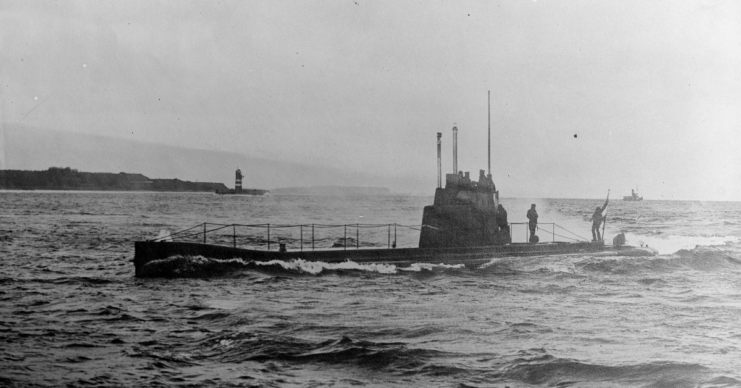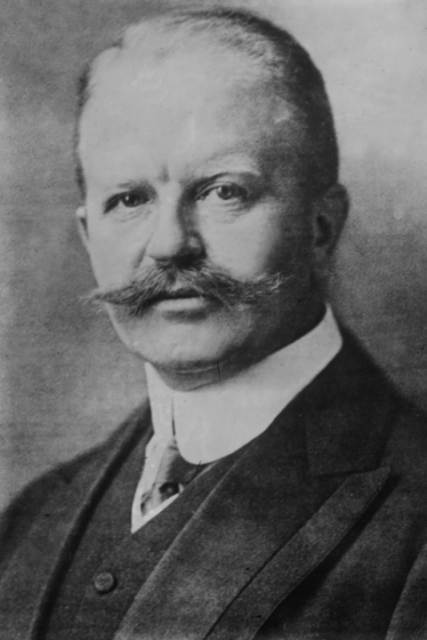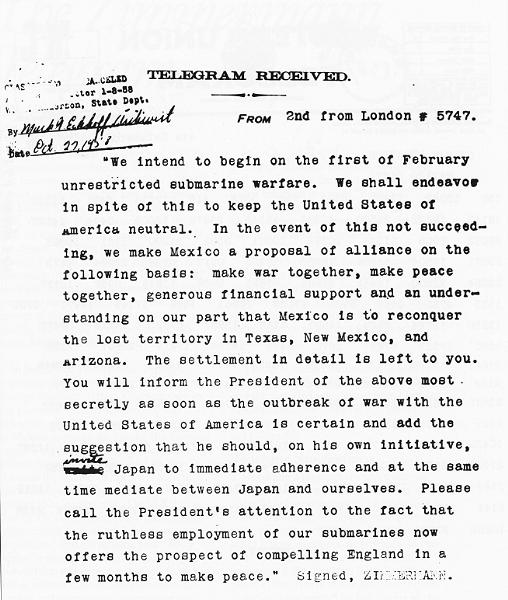I remember reading about the "Zimmerman" telegram when I was about 10 or 12 I guess, My Dad had a series of books called "Crime and Punishment" and this was mentioned in it. Somehow the History books at my school didn't mention the Telegram, but the Sinking of the Lusitania that got the Americans into WWI. I mentioned the Zimmerman telegram to my teacher and she was clueless, so I had to explain to her and the class the impact of the telegram to the Americans and how they inflamed them. I made the comment, "you know how we were angry about Pearl Harbor?, Well the Telegram had a similar effect, to have another country plan to attack our country and then take several states away from us as "Prizes" made the Americans really mad". I got an "A" as I recall. It also taught me an important lesson that the school information wasn't always encompassing. I had already spotted mistakes in a science book having to do with science and adhesive and cohesive properties. This was by a 7th grader if memory serves.

It is believed today that few decoded messages have had the global and historical impact that the Zimmermann Telegram had in 1917. This single telegram gave the U.S. the boost it needed to join the First World War in Europe, leading to the end of the war and the aftermath that would lead the world into the even more destructive Second World War.
The telegram was the culmination of a years-long effort by Germany to start a war between Mexico and the U.S. Germany hoped that with America fighting a war with Mexico, they would have limited capacity to join the war or provide resources to the Allied armies in Europe. At one point, Germany even sent a Mexican military official a sum of well over $10 million dollars to begin a war with the U.S.
Keeping the U.S. and its crucial exports away from Europe was massively important to the Central Powers, as at the time Germany believed they could achieve victory in Europe as long as America was not on the scene.

This became so brutally effective that the U.S. (who at this point was not actively involved in WWI) demanded that Germany stop. Thankfully, they did, for a while at least. By 1917, Germany planned to begin unrestricted submarine warfare once again in a last-ditch effort to starve the British. This would begin on February 1, 1917.
They knew that an all-out assault on U.S. merchant shipping would bring America into the war, but estimated that if they could delay the U.S.’s involvement, they could beat the starved British and French in Europe before they arrived.
This is what the Zimmermann Telegram was for.
The Zimmermann Telegram was sent on January 17, 1917, by Arthur Zimmermann from the German Foreign Office, to Heinrich von Eckardt, Germany’s ambassador to Mexico. The telegram would inform him that if, after Germany resumed their submarine attacks on Atlantic shipping, America looked poised to enter the war, he would present Mexico with an offer to declare war on the U.S., with German funding.

The actual telegram reads:
“We intend to begin on the first of February unrestricted submarine warfare. We shall endeavor in spite of this to keep the United States of America neutral. In the event of this not succeeding, we make Mexico a proposal of alliance on the following basis: make war together, make peace together, generous financial support and an understanding on our part that Mexico is to reconquer the lost territory in Texas, New Mexico, and Arizona.
“The settlement in detail is left to you. You will inform the President of the above most secretly as soon as the outbreak of war with the United States of America is certain, and add the suggestion that he should, on his own initiative, invite Japan to immediate adherence and at the same time mediate between Japan and ourselves. Please call the President’s attention to the fact that the ruthless employment of our submarines now offers the prospect of compelling England in a few months to make peace.
“Signed, ZIMMERMANN.”

The telegram was intercepted by the British and sent to their codebreakers. They managed to decipher the coded message in a short amount of time, thanks to secretly cracking German codes long beforehand.
Once decoded, the British were alarmed at the message. As they had been trying for a long time to bring America into the war, and they knew they had the perfect opportunity to make this happen. However, by announcing the telegram to the American public, Germany would discover their codes had been broken and the U.S. would realize the British were listening to their communications.
To solve this, the British devised a plan where an agent would obtain a copy of the message in Mexico, which would then be shown to the Americans. The message that arrived here was encoded in an older code, one that the British deemed worthy of the Germans finding out they had cracked in exchange for the U.S. joining the war. With both the main problems solved, the British presented the message to the U.S.
The message, combined with Germany restarting unrestricted submarine warfare, enraged the American people, who switched gears from opposing involvement in WWI to actively seeking it. Just three months after the Zimmermann Telegram was first sent from Germany, the U.S. officially joined the war. A little over 18 months later, the war ended with Germany’s defeat.
While the U.S. response is the most impactful, the Mexican response is perhaps the most ironic. After receiving the message, Mexican President Venustiano Carranza sought the opinions of his military officials on Germany’s offer. They concluded that a German-backed war with the U.S. was not in Mexico’s best interests, thanks to political instability, a vastly inferior army, and wanting to avoid upsetting relations with South American nations.
So, the Zimmermann Telegram was intended as a way to make sure America stayed out of the war and to guarantee a German victory in Europe. Instead, it caused the immediate and nationally supported declaration of war by the U.S., mobilizing troops and reinforcing the Allies in Europe, leading to Germany’s eventual downfall
I remember a lot of interest in the authenticity of the Zimmerman Telegraph when I was growing up, with not all the facts truly available (or accepted as true) until the 80's or so.
ReplyDeleteAnd to be fair, Mexico wasn't exactly politically stable in 1917, or 1918, or, well, ever, and they had just gotten over having Pershing and the US Army enter Mexico in 1916. So, yeah, a non-starter.
Of course, I also remember 'rumors' that the Lusitania was carrying war materials and thus a legal target and those 'rumors' being poo-pooed by people.
Until Bob Ballard proved it by shoving video of crates and crates full of .303 ammo from inside the hull of the Lusitania.
And Germany told people that it was going to sink the ship, don't get on it, it's going down. So people were warned...